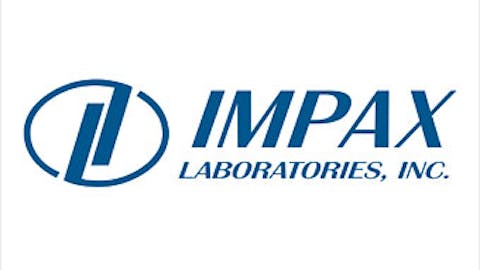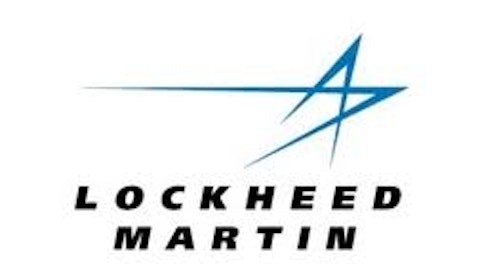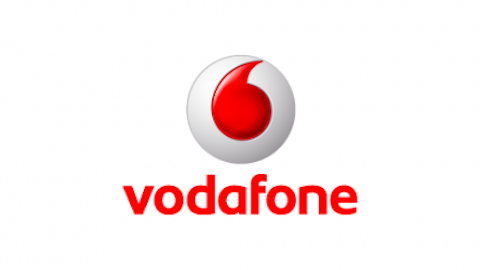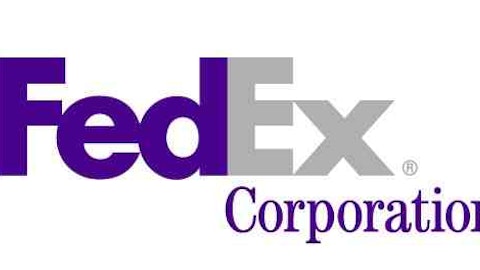LONDON — So far this year, the pound has fallen more than 7% against the dollar, and it’s now trading at its lowest level since July 2010.
It looks likely to get worse before it gets better, with fears of a triple-dip recession, the loss of the AAA rating, fudged coalition politics, Mervyn King voting for more QE, and an even more inflation-tolerant Bank of England Governor waiting in the wings.
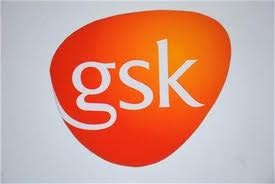
With 70% of FTSE 100 company earnings coming from overseas, a weak pound can be a boost for the index. It should also be good news for dividends.
Brokers Shore Capital estimate that dividend growth in the FTSE 350 could double if sterling continues to fall against the dollar. Some of the big beneficiaries are the miners, which I looked at last week. But they start from a low base yield.
So I’ve trawled the FTSE’s top 20 highest-yield stocks to screen for those with substantial overseas earnings, especially U.S.-based. With the euro looking at least as vulnerable as the pound, I’ve screened out companies with high European earnings.
These are the five high-income stocks, all with prospective yields of more than 4.5%, which should benefit most from sterling’s woes:
1. BAE Systems plc (LON:BA)
The U.S. is by far the most important market for BAE Systems , accounting for nearly half its revenues. The U.K. contributes a fifth, and my guess is that much of BAE’s other revenues are dollar denominated.
The imminent impact of sequestration is a threat to BAE’s U.S. sales, but, ultimately, I don’t believe the U.S. will allow its national defense to be compromised. So I see BAE as a good long-term buy, with a prospective yield of 5.8%.
2. GlaxoSmithKline plc (ADR) (NYSE:GSK)
GlaxoSmithKline plc (ADR) (NYSE:GSK)’s response to the patent cliff — moving into over-the-counter medicines and emerging markets — shows up in its revenue split. Just 6% of sales are in the U.K., with the U.S. contributing a third of the total.
Pharmaceutical shares demonstrated their defensive mettle in the 2007/2008 crash, losing just 15% as the FTSE halved. With a broad spread of revenues, a growing emerging markets franchise, and a yield of 5.3%, GSK is all things to all men. Why wouldn’t you own it?
3. AstraZeneca plc (ADR) (NYSE:AZN)
AstraZeneca plc (ADR) (NYSE:AZN) gets nearly 40% of its revenues from the Americas, with a quarter each from the U.K. and continental Europe. At 6%, it has one of the FTSE’s highest yields, with fears over the company’s patent cliff weighing on the shares. Already, it’s seeing declining revenues.
New CEO Pascal Soriot should update investors with his strategy this month. That seems aimed at repositioning Astra back to scientific innovation, with maybe some biotech acquisitions or joint ventures. It would be a markedly different strategy from rival GSK.
4. National Grid plc (ADR) (NYSE:NGG)
Yielding 5.6%, National Grid is the monopoly owner of the country’s high-voltage network and high-pressure gas system. But nearly 60% of its revenues come from the U.S., where it’s the largest power producer in New York state and has large gas and electricity distribution businesses in the northeastern U.S.
A regulatory agreement for the next seven years has just been reached in the U.K. As a result, the company expects to set out its future dividend policy within the next two months.
5. Royal Dutch Shell plc (ADR) (NYSE:RDS.A)
Shell‘s revenues are global, but sales are mostly priced in dollars. More importantly, the company declares its dividends in dollars, and its policy is to target long-term growth in the dollar payout.
Shell suffered a setback recently, with its Arctic drilling program put on hold, and it’s paid the price of the U.S. shale gas glut. But it has widely geographically diversified operations — and in the long run its big move into natural gas should pay off — so the 5% yield looks safe.
The article These Five Income Stocks Will Gain From Sterling Weakness originally appeared on Fool.com.
Fool contributor Tony Reading owns all five shares mentioned in this article. The Motley Fool recommends GlaxoSmithKline.
Copyright © 1995 – 2013 The Motley Fool, LLC. All rights reserved. The Motley Fool has a disclosure policy.
